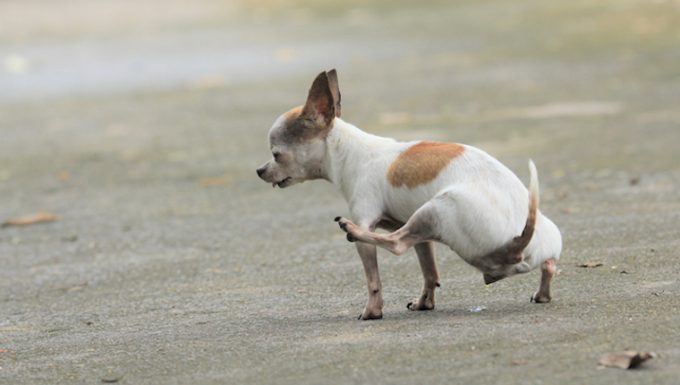Particles in the urine in dogs happens when a dog’s pee has too many particles called casts in it. The condition can be caused by a kidney problem.
Generally, poisons and toxins can be a cause of the condition.
Technically, the condition is also known as cylindruria in dogs.
If you see the signs of the condition in your…









